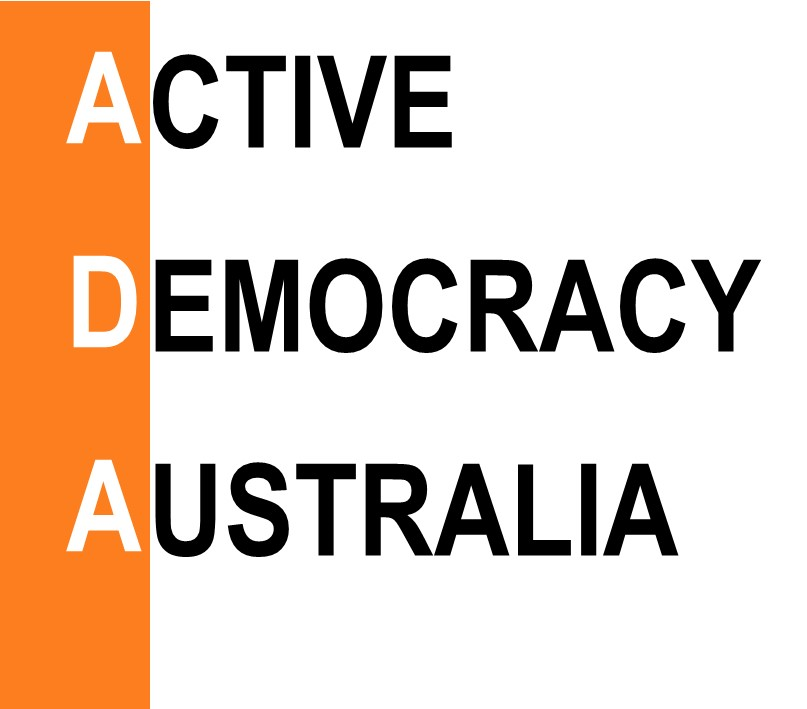Deliberative forums
These involve groups of people deliberating on a particular issue that requires a solution, and coming up with a set of recommendations. They have been used successfully in many countries around the world. Participants are usually selected randomly to ensure they are representative of the broader population, and in most cases these forums are commissioned by a government or public authority to recommend solutions to a complex or controversial policy issue. For example, they may deliberate on whether a road should be closed to vehicles, whether to have a waste dump in a particular spot, or the budgeting priorities for a local government. They can be expensive to run, but there is no in-principle reason why a less expensive version cannot be organised by a community organisation.
They ensure that forum participants have the necessary information and plenty of deliberation time to come up with a well-considered and well-informed set of recommendations. Participants may be given written material and/or hear from experts on the subject. They then deliberate on different aspects of it, sometimes in small groups – switching groups from time to time – and sometimes in the whole group for small groups report-backs, questions to experts, or whole group discussion. The recommendations that participants come up with should have broader that simple majority support in the group. The scheduled duration of such deliberations can be anything from a few hours to perhaps 30 hours, with the longer ones spread over several days or weekends.
The benefits of deliberative forums are many. They generate evidence-based policy solutions acceptable to ordinary people. They are a way of educating both politicians and the public about good policy. What’s more, while the public is often distrustful of politicians and their decisions, these solutions arrived at by average citizens are likely to have more credibility in their eyes, so that, if they are then adopted by government, they will be better accepted than if politicians had themselves devised them. Finally, deliberative forums challenge the notion that society is hopelessly divided politically, because they show that ordinary people with a range of political views can sit down together in an atmosphere of calm and cooperation, with access to good information, and arrive at sound, broadly-accepted solutions.
With regard to the cost of running deliberations, governments or public bodies commissioning them generally engage specialist consultants for the purpose, and costs need to cover consultant’s fee (for planning the process, randomly selecting participants, inviting them, producing and distributing informational material, arranging the expert speakers, running the forum, and producing and distributing a report containing the forum’s recommendations), as well as the cost of the venue, catering, and possible fees for the experts and payments to participants. But more pared down versions of such deliberations could be run for a fraction of this cost, using volunteer labour, perhaps pro bono help from consultants and experts, and free or low-cost premises. And the cost and effort can be shared if two or more groups jointly run a forum.
To find out more, just Google ‘how to organise a deliberative forum’ and you’ll find many sources of information.
Connect
